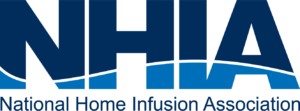CMS Releases 2024 HIT Monitoring Report
CMS released its annual monitoring report[link] on the Medicare Part B Home Infusion Therapy (HIT) Services benefit showing that both provider participation and beneficiary utilization have declined over the past year.
